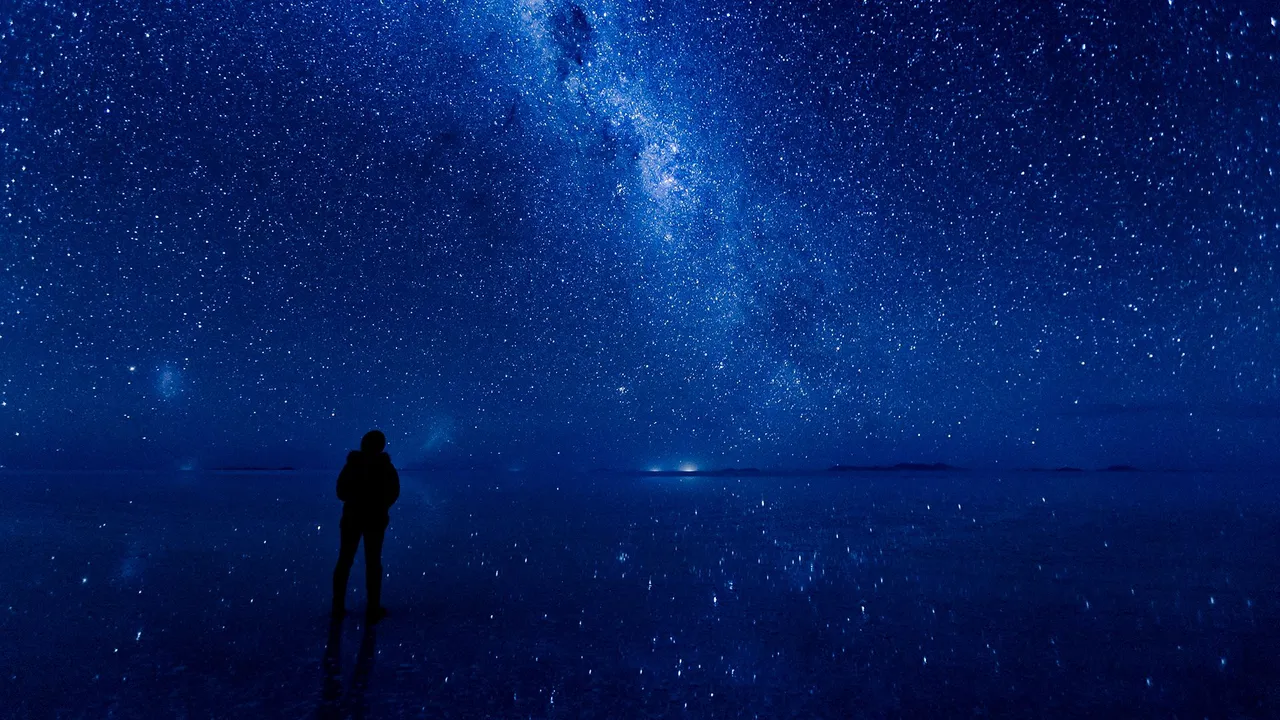
your personality is the same as your limit on an understanding of what "everything" means
5/12/23 the type of emotions you are capable of feeling determines above all other factors what your ideological/philisophical worldview can be. most people aren't aware that they have a spectrum of emotions, they only imagine that there exists

Is your green the same as... your old green? From when you were a child? Maybe literally, but not in any other way.
5/2/23 I think the classic philosophical dilemma of "how do I know your red is the same as my red, what if you see red the way I see blue?" applies to our
psychology and fundamental experience of the world more than we are capable of expressing, especially when we realize we are not even
connected to our own experiences as soon as the smallest aspect of yourself changes. As time passes and we experience different worlds and cultures
We go through times of experiences we will never be able to experience or understand again. We almost always imagine these intuitively as chronological,
as eras of our life, and when we look back to them from a distance we call it nostalgia but the reality is that they are more of a place, our
mental world, and we are wandering without even knowing there is such thing as steering, and even when we try to change anything, we will only find
ourselves as an individual living through history and within our environment, being swept by cultural currents almost impossible to fight against or even see. And when we don’t see these internal worlds as a chronology but as a place of the human ego within consciousness, it's likely from contrasting life against only a single experience,
when we come home from a trip somewhere, when we escape from the metropolis into nature, when we emerge from a great story, when we awake from a dream or escape
Plato's cave. But there is no "outside", there is definitely a direction to strive for, there is better culture and personalities, but ultimately the worlds are infinite, they are literally as infinite as anything that the mind could imagine.

Feng shui feels made up, until suddenly it feels very real. You realize how a physical environment effects your mind. This room feels like an alien world, and through these kinds of small changes you can find everything to be just as alien, you can find an entirely new world.
I mentioned this online back when i made my other draft entry (specifically using an example of furnature as an environment), and a mutual commented that this sounded like feng shui, i've heard the expression but never actually knew what it was, after researching it, it does really seem interesting and relevant. (It's actually suprising to me that what i was trying to describe was already so close to such a well known concept). However i think that what i'm trying to describe isnt just physical in the sense of tangable objects making up an environment, but is also combined with the sensation of "physical" in the sense of motion. Think for example; taking a walk to "clear your mind" (i want to take this chance to mention the relevant term "volta" as a known concept). Maybe "clearing" isnt how I'd describe it, its really like roaming your mind. With absolutely no effort or intention, new ideas just appear already formed in your mind like magic. The moving through physical environment moves you mentally, as every part of your mental world is arbitrarly tied to your physical surroundings, especially to the extent that you form habits and routine in the presence of specific environments. It seems like the brain can't process abstract concepts without tying them in some subliminal way to our long-evolved ability to understand the physical world or tangable experiences.

Every religion contains "everything", except other religions, which also contain everything. Even outside religion, our worlds of “everything” work the same way.
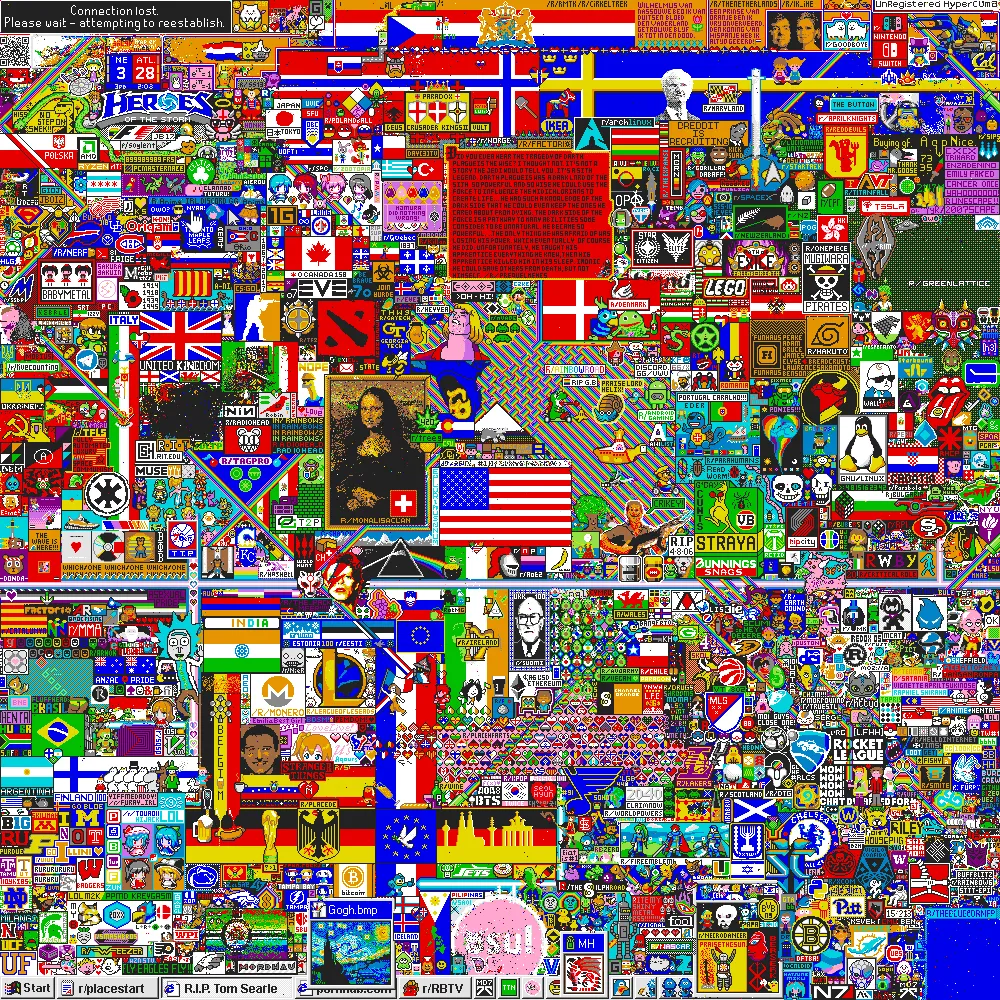 On the early internet, a lot of people were inspired by the shocking wealth of information to create aesthetics that captured the everything-ness of using the internet, of course now, from *our* worldview of everything, their aesthetic and worldview is not "everything" but just a kind of "old internet" aesthetic.
On the early internet, a lot of people were inspired by the shocking wealth of information to create aesthetics that captured the everything-ness of using the internet, of course now, from *our* worldview of everything, their aesthetic and worldview is not "everything" but just a kind of "old internet" aesthetic.
(Shouldnt "everything" also include some quiet rural hills?)
 Personality, again, (of an individual, of a culture, of an era) is the same as it's limit on understanding what "everything" means.
Personality, again, (of an individual, of a culture, of an era) is the same as it's limit on understanding what "everything" means.
10/17/23 if you actually combine every genre well enough you just get real life. genres are just what would happen if you removed everything except a choice spectrum of emotions that follow a certain personality, and every personality being the expression of a subconscious philosophy. genre exists because there is a mutual exclusivity between experiencing different spectrums of emotion, or having different personalities or philosophies within one person- despite the emotions and personalitites and philosophies coexisting in the world outside of the individual. real life is a conbination of emotions that cannot coexist within one person, this poses a limit on our sense of everything, which is why for one thing i feel we are supposed to become different people, and rather than finding a definite philosophy there are different philosophies we live at different times just as we get to experience more of the world by constantly changin our personality and leaving behind our old personality. A 7 year old should not have the same philosphy as a 70 year old, we intuitively know this, but does this mean only one of them is correct? no, or at least if the 7 year old is wrong about how the world works then they are meant to be wrong, they are meant to understand
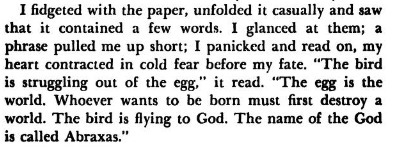
(addition 1/8/24) Demian: Die Geschichte von Emil Sinclairs Jugend (1919)

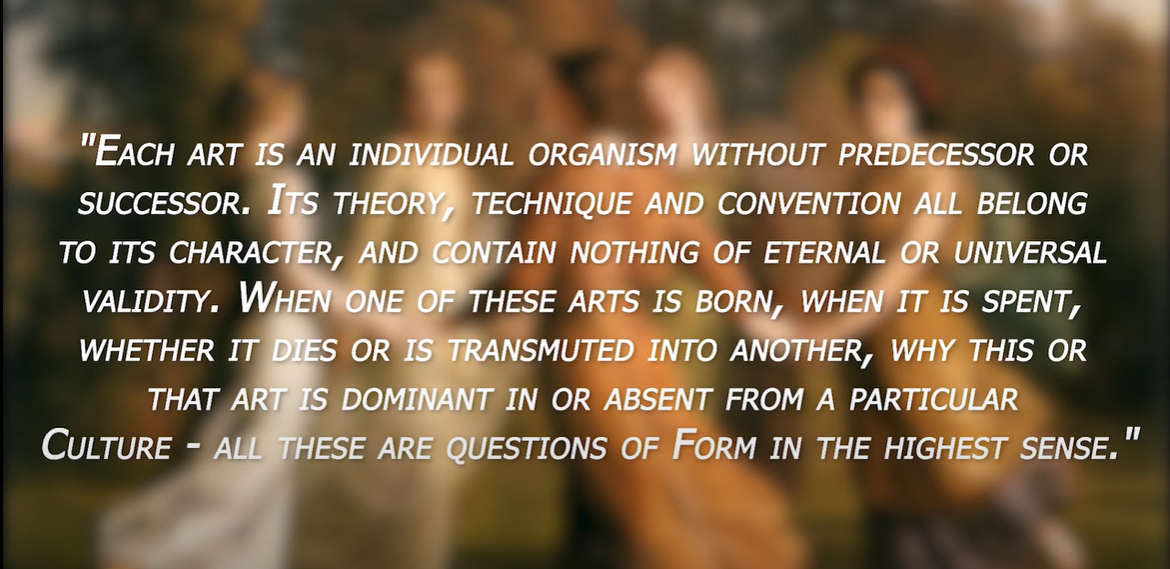
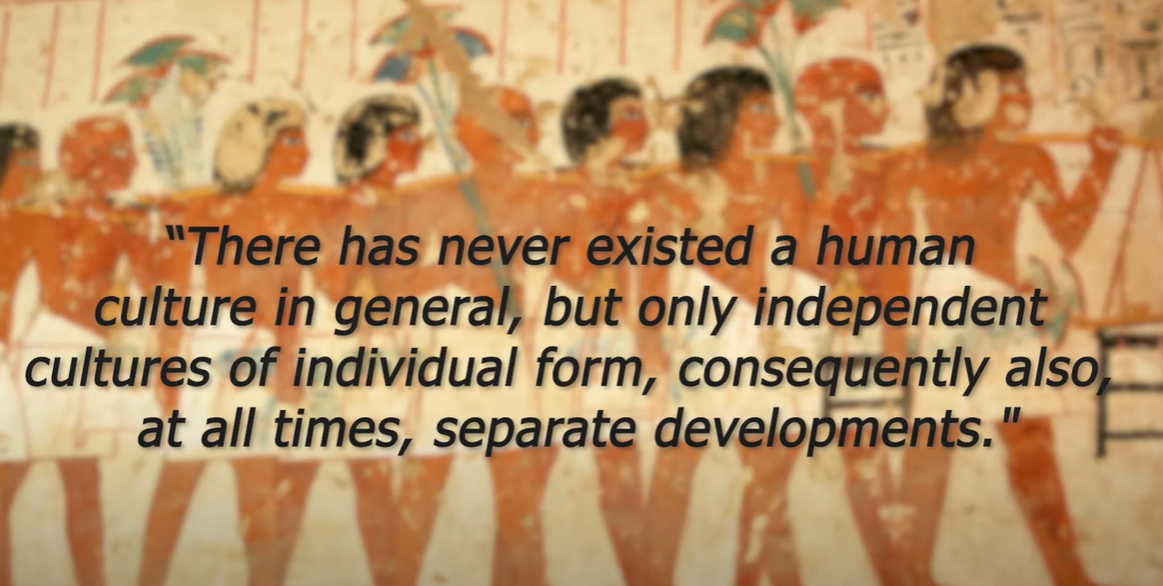







 On the early internet, a lot of people were inspired by the shocking wealth of information to create aesthetics that captured the everything-ness of using the internet, of course now, from *our* worldview of everything, their aesthetic and worldview is not "everything" but just a kind of "old internet" aesthetic.
On the early internet, a lot of people were inspired by the shocking wealth of information to create aesthetics that captured the everything-ness of using the internet, of course now, from *our* worldview of everything, their aesthetic and worldview is not "everything" but just a kind of "old internet" aesthetic.
 Personality, again, (of an individual, of a culture, of an era) is the same as it's limit on understanding what "everything" means.
Personality, again, (of an individual, of a culture, of an era) is the same as it's limit on understanding what "everything" means.